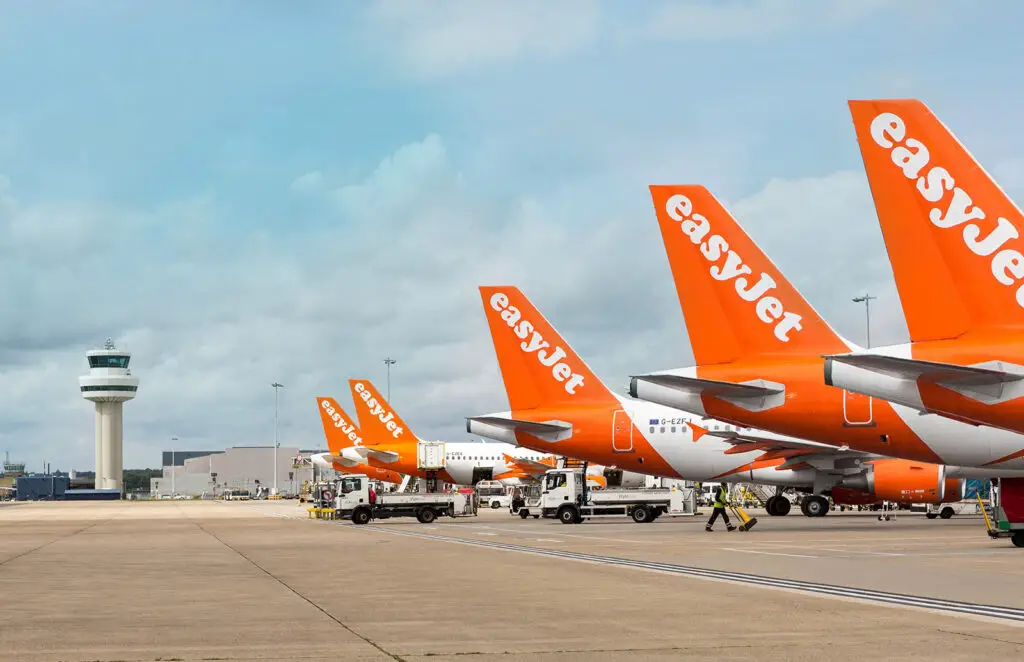Spanish Airline Pilots Union (Sindicato Español de Pilotos de Líneas Aéreas – SEPLA) has confirmed the call for nine days of strike action by the easyJet employees it represents. The measure will take place this month in three 72-hour periods. The strikes are scheduled for August 12, 13, 14, 19, 20, 21, 27, 28 and 29.
According to the union section that brings together the pilots of the low-cost airline based in Spain, the measure will be carried out «due to the company’s refusal to recover the conditions that the pilots had before the COVID-19 pandemic, as well as to negotiate the second collective bargaining agreement».
The union reported that «at the mediation meeting, held between the two parties on July 22th, the company did not present any improvement to its proposal». «This is the last possible resort, having failed all attempts made by the pilots to reach an agreement after more than six months of negotiations», they said
Through a statement, they expressed that «the only aim of the SEPLA union section in easyJet is to recover the working conditions that the pilots had in 2019, now that the number of flights is very similar to what it was two years ago, as well as to resume negotiations for the signing of the new agreement». The pilots based in Spain complain that their working conditions «have always been worse» than those of their colleagues in the rest of easyJet’s bases in Europe.
New line of conflict for easyJet in Spain
In this way, the opening of a new line of conflict for the company in the country seems to be consummated, just after having unblocked the one with the cabin crew staff. During July, Unión Sindical Obrera (USO) carried out similar protest actions involving easyJet’s 450 flight attendants in Spain. However, it called off the strike planned for last weekend after reaching an agreement that included an increase in wages.
The new agreement between the company and cabin crew stipulates a 4% increase in basic wage, retroactive to March this year. In addition, it provides for a 13% increase by 2023 and a further 5% increase by 2024. In total, the increase would amount to 22% over three years.
See also: Protests in Europe force new Ryanair strike and resignation of EasyJet COO














